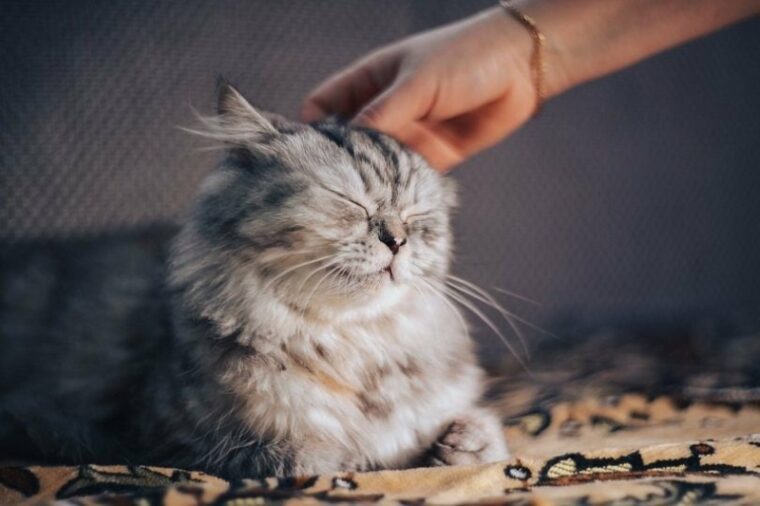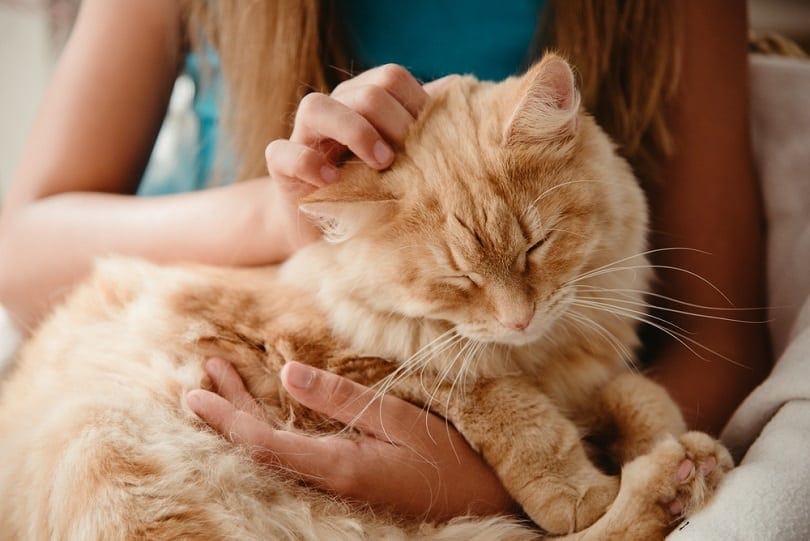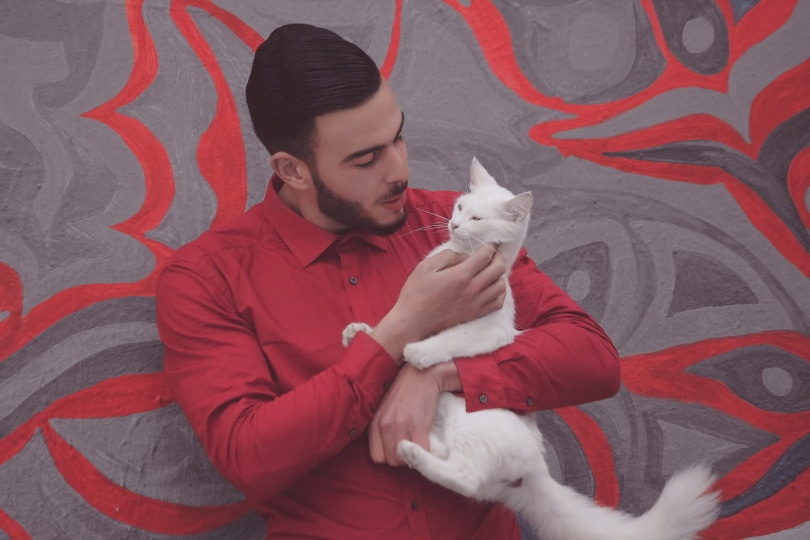
Cats are independent animals, and they can be finicky more often than not. They like to do things on their own terms and aren’t always fond of doing activities that their owners want them to participate in. So, it would be reasonable to think that a cat might not like head massages. After all, cats tend to dislike most things that humans like (maybe out of spite or just to maintain their independence!). However, the reality is that most cats love getting head massages!
Why Most Cats Enjoy Head Massages
The reason that most cats like getting their heads massaged is simply because it feels good. Instead of having to roll around on the ground to massage themselves or scratch an itch, they can just relax and allow you to take care of those things for them. Cats also tend to enjoy getting their heads massaged because it helps get rid of loose hair that might be bugging them. Cats are unable to groom their head so they likely enjoy the physical interaction of the activity, whether they would admit it or not!

The Benefits of Giving Your Cat Massages
In addition to making your cat feel good, there are various benefits to enjoy (for you and your cat) by providing them with head massages. First, it offers you both the opportunity to enhance your bond with one another. Second, massage can help improve your cat’s blood circulation and relieve stiffness in muscles and joints.
A head massage can also help relieve any anxiety that your cat might be experiencing at the time or keep it at bay entirely. Head massages can also help reduce your own anxiety and stress levels. Massaging your cat can even help lower blood pressure levels.

The 6 Basic Steps to a Great Head Massage for Your Cat
Are you wondering how to provide your cat with a head massage that they’re sure to love and appreciate when all is said and done? Here are a few basic steps to follow:
A Quick Recap
Massaging your cat’s head can result in various benefits for both you and your feline to take advantage of. Most cats love getting massaged, so you likely won’t have to coerce your pet into snuggling up for a massage session. The basic massaging steps provided here should simplify the process of getting started.
Featured Image Credit: 99mimimi, Pixabay









